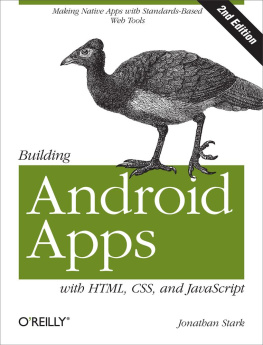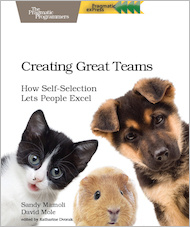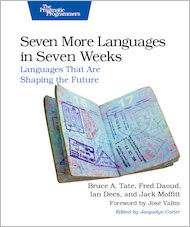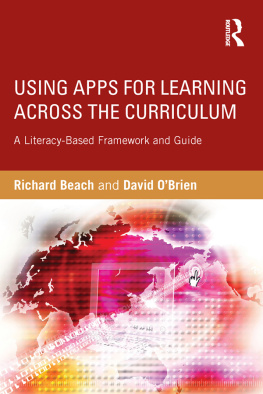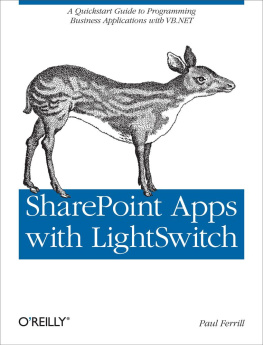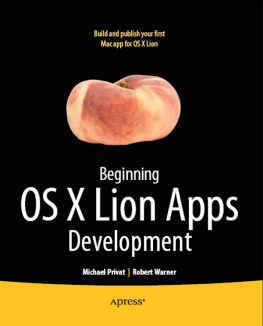A Practical Guide for Organizing a Civic Apps Competition
Government agencies are increasingly being called upon to publish data as a means to increase transparency, deliver government services more efficiently, and innovate business. Civic Apps Competitions (CACs) further these goals by providing incentives and a platform for software programmers to build innovative applications (apps) using open government data. Departments at all levels are proactively using technology to share their data with the public, through the low tech release of spreadsheet or database files to the high tech release of data through Application Programming Interfaces (API) and associated apps competitions.
While the technological problems of these competitions are (largely) solveda plethora of content management systems and turn-key web software-as-service platforms can easily handle the requirements of submitting projects, collecting public votes, etc.what has become important is ensuring that the outcomes of these competitions return value. Governments, civic activists, and software developers who have invested or are thinking of investing in open government data want answers to long-term questions. How, and under what conditions, do open data result in high-quality platforms relevant to problems at hand? Are the resulting applications sustainable in a way that will continue to deliver solutions over time? Do the competitions themselves foster transparency and engagement for a wide audience?
When Chicagos Mayor Rahm Emanuel took office on May 16, 2010, he put launching a civic apps competition on his first 100 days checklist. Five weeks later, the Apps for Metro Chicago (A4MC) competition launched. When we started planning A4MC in late May, there were no formal agreements between any of the partners; by June, Mayor Emanuel was on the cover of the local daily paper, challenging civic coders to compete for $50,000 in prizes. We learned a lot. Wed like to share it.
This book is a practical guide to planning a civic apps competition (CAC). We arent just relying on our own experience with A4MC though; we surveyed 15 CACs hosted in the United States and Canada over the last three years. As a result, weve uncovered some surprising insights into what makes competitions successful. And, of course, weve got anecdotes of budget overruns and political infighting (and some fun success stories) to keep it interesting.
This Guide identifies a number of ways to ensure an apps competition delivers on the goals of accountability, government efficiency and economic innovation.
A note on the open government movement and the use of terms. Open government is a movement that demands transparency from governments regarding actions and decisions, increasing the governments accountability. Open government data refers to the specific practice of publishing data collected by governments in order to facilitate transparency, create efficiencies and prime economic innovation. CACs are designed to kickstart the use of open government data. Throughout this guide, well use the shorter-termed open data or open civic data when talking about open government data.
This Guide
This guide is broadly sectioned into four parts. We start off in we then challenge the cynics with what we see as benefits of CACs. If executed correctly and with the right expectations, competitions can set the stage for more civic interaction, better delivery of government services, and become a staging ground for improving private- and non-profit-business.
If youre up and ready to start a competition, however, feel free to jump to discusses what it actually takes to run a competition, putting dollar figures to specific activities. A4MC, with prizes, cost over a quarter-million dollars. But there are ways to cut that number.
We then turn to nuts and bolts. What data works for CACs? reveals the finer points of CACsprocess, judging, rules, and the legal fine print.
speculates on the future for your competition and CACs in general.
Contact Us
We continue to be deeply interested in the potential for open government data to be harnessed for the common good. Virginia Carlson has worked in the government data world since starting Chicagos first-ever public-serving DataBank at the University of Illinois-Chicago two decades ago. Look for her on the Board of Directors for the Association of Public Data Users, or on Twitter (@VL_Carlson). Kate Eyler-Werve gleefully seeks out disruptive technologies to work on and can project manage anything. You can find her at www.eylerwerve.com.
Conventions Used in This Book
The following typographical conventions are used in this book:
ItalicIndicates new terms, URLs, email addresses, filenames, and file extensions.
Using Code Examples
This book is here to help you get your job done. In general, you may use the code in this book in your programs and documentation. You do not need to contact us for permission unless youre reproducing a significant portion of the code. For example, writing a program that uses several chunks of code from this book does not require permission. Selling or distributing a CD-ROM of examples from OReilly books does require permission. Answering a question by citing this book and quoting example code does not require permission. Incorporating a significant amount of example code from this book into your products documentation does require permission.
We appreciate, but do not require, attribution. An attribution usually includes the title, author, publisher, and ISBN. For example: Civic Apps Competition Handbook by Kate Eyler-Werve and Virginia Carlson (OReilly). Copyright 2012 Virginia Carlson, Katherine Eyler-Werve, 978-1-449-32264-9.
If you feel your use of code examples falls outside fair use or the permission given above, feel free to contact us at .
Safari Books Online
Note
Safari Books Online (www.safaribooksonline.com) is an on-demand digital library that delivers expert content in both book and video form from the worlds leading authors in technology and business.
Technology professionals, software developers, web designers, and business and creative professionals use Safari Books Online as their primary resource for research, problem solving, learning, and certification training.
Safari Books Online offers a range of product mixes and pricing programs for organizations, government agencies, and individuals. Subscribers have access to thousands of books, training videos, and prepublication manuscripts in one fully searchable database from publishers like OReilly Media, Prentice Hall Professional, Addison-Wesley Professional, Microsoft Press, Sams, Que, Peachpit Press, Focal Press, Cisco Press, John Wiley & Sons, Syngress, Morgan Kaufmann, IBM Redbooks, Packt, Adobe Press, FT Press, Apress, Manning, New Riders, McGraw-Hill, Jones & Bartlett, Course Technology, and dozens more. For more information about Safari Books Online, please visit us online.
How to Contact Us
Please address comments and questions concerning this book to the publisher:

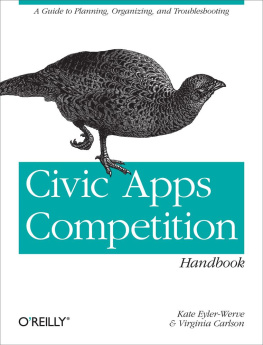
![Green Brad - AngularJS: Up and Running: [enhanced productivity with structured web apps]](/uploads/posts/book/193879/thumbs/green-brad-angularjs-up-and-running-enhanced.jpg)
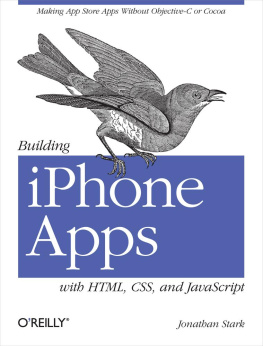
![Coleman Jason - Building Web Apps with WordPress [WordPress as an application framework]](/uploads/posts/book/171277/thumbs/coleman-jason-building-web-apps-with-wordpress.jpg)
